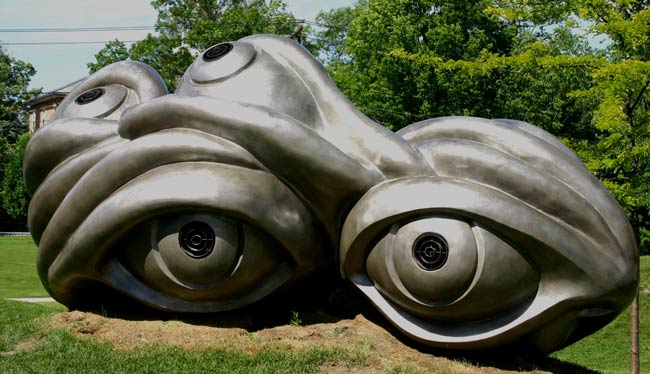
June 6, 2018; Futurity
A new study to be published in Personality and Social Psychology Bulletin has found that asking a narcissist to imagine him- or herself in the position of a person being helped is more effective as a fundraising method than describing another’s plight.
Coauthor Arun Lakshmanan, associate professor of marketing in the School of Management at the University at Buffalo, said, “Charitable giving is about having empathy—recognizing and responding to the needs and emotions of other people. Narcissists have difficulty with that, so asking them to imagine themselves as the person in need can help elicit genuine concern and, thus, donations.”
Researchers performed four studies involving more than 1,300 individuals where they first measured levels of narcissism and then rated subjects’ “donation intentions.”
Sign up for our free newsletters
Subscribe to NPQ's newsletters to have our top stories delivered directly to your inbox.
By signing up, you agree to our privacy policy and terms of use, and to receive messages from NPQ and our partners.
Apparently, narcissists do not respond all that well to requests for compassion. “Particularly for causes to which donors have little personal connection—an unfamiliar disease, a need halfway around the globe—we recommend using vivid pictures, first-person stories, and ‘imagine-self’ language to draw in high-narcissism donors,” Lakshmanan said, but the appeal to “imagine oneself as” dissipated “when it was difficult or impossible for narcissists to project themselves into the recipient’s circumstances, such as with animals or medical conditions that largely affect the opposite gender.”
Sigh.
Luckily, fundraisers need not administer narcissism tests to their donors before sending appeals, since the research showed that “imagine-self” and “imagine-recipient” appeals were equally effective at engaging individuals with lower levels of narcissism.—Ruth McCambridge












